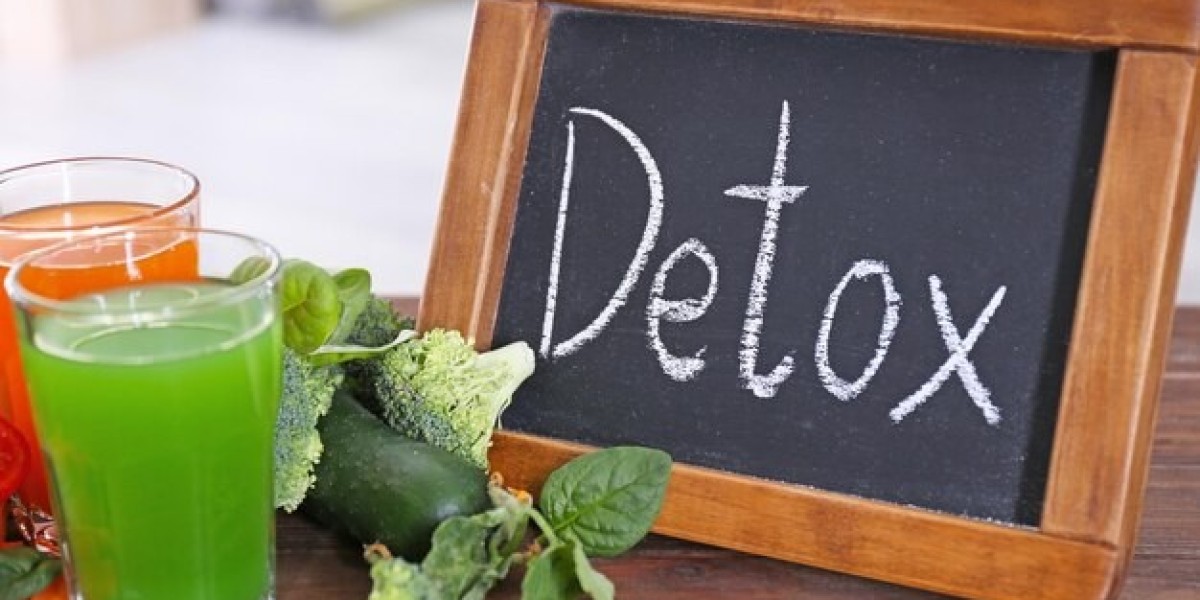Detox diets and cleanses have become popular choices for individuals looking to improve their overall health and well-being. One significant claim often associated with detox regimens is their potential to reduce the risk of cancer. This blog will explore the relationship between detox diets, and cancer prevention, and provide evidence-based insights into whether detox can indeed lower the chances of contracting cancer.
Understanding Detox Diets:
Detox diets and cleanses involve specific dietary restrictions, increased water intake, and the consumption of detoxifying foods and beverages for a set period. The primary goal is to remove toxins and waste products from the body, promoting better health and potentially lowering the risk of various health issues, including cancer.
Detox and Cancer Prevention:
Antioxidant-Rich Foods:
- Many detox diets emphasize the consumption of fruits, vegetables, and herbs that are high in antioxidants. These compounds help neutralize harmful free radicals that can damage DNA and potentially lead to cancer.
Reducing Toxin Exposure:
- Detox regimens often encourage individuals to limit their intake of processed foods, alcohol, and other potential carcinogens. Avoiding exposure to these toxins can lower cancer risk.
Weight Management:
- Maintaining a healthy weight through detox diets can be a part of cancer prevention. Obesity is linked to an increased risk of several cancer types.
Supporting the Immune System:
- Some detox plans include immune-boosting ingredients like probiotics and foods rich in vitamins and minerals. A strong immune system is essential in defending the body against cancer cells.
Evidence and Limitations:
While detox diets have several potential health benefits, it's crucial to acknowledge their limitations and the need for further research in the context of cancer prevention.
Limited Scientific Evidence:
- Many detox-related claims are not backed by robust scientific evidence specifically linking detox diets to a reduced risk of cancer.
Varied Approaches:
- Detox diets come in various forms, making it challenging to pinpoint a one-size-fits-all approach to cancer prevention. What works for one individual may not be suitable for another.
Overall Lifestyle Matters:
- Detox diets should be viewed as part of an overall healthy lifestyle. Other factors, such as regular exercise, not smoking, and cancer screenings, play crucial roles in cancer prevention.
Short-Term vs. Long-Term Impact:
- Detox diets may provide short-term benefits, but their long-term impact on cancer risk is less clear.
Conclusion:
Detox diets and cleanses can contribute to better health and well-being by promoting healthy eating, reducing toxin exposure, and supporting the immune system. While there is no definitive proof that detox diets alone can prevent cancer, adopting a health-conscious lifestyle that includes these elements can be a part of a broader strategy to reduce cancer risk. As always, consulting with a healthcare professional is advisable when making significant changes to your diet or health regimen.








